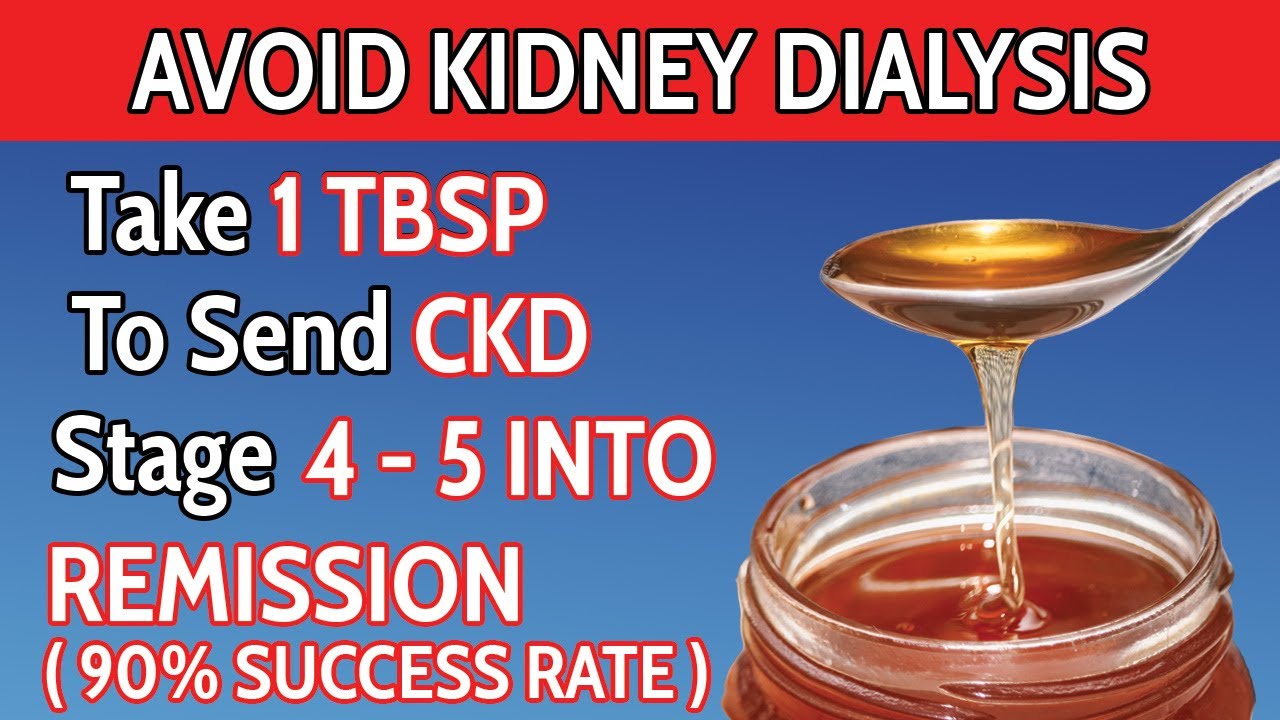How Peter Attia thinks about managing GFR & high blood pressure
Summary
TLDRIn this discussion, the speaker emphasizes the importance of setting high standards for kidney function, aiming for a GFR of 107 to ensure kidney health at 100 years old. They debate the current standards for hypertension, suggesting that lifestyle changes like diet and exercise should be prioritized over medication for slightly elevated blood pressure. The conversation also touches on the long-term use of antihypertensives and the need for evidence-based interventions, while reminding listeners that the podcast is for informational purposes and not a substitute for professional medical advice.
Takeaways
- 👨⚕️ The speaker emphasizes the importance of managing Glomerular Filtration Rate (GFR) in patients to extend their healthy lifespan, aiming for them to live to 100.
- 🔍 A GFR of 85 is considered normal, but the speaker argues for a higher standard to ensure kidney health for a longer life expectancy.
- ⏳ The speaker advocates for a 'time shift' approach, treating a 40-year-old patient as if they are 20 to ensure their kidneys last another 60 years.
- 🌟 The aspirational goal is to have a GFR above 40 at the age of 100, which may require revising current standards on hypertension.
- 🤔 There's a preference for blood pressure to be 120/80, but starting medication at 135/85 is questioned due to the long-term commitment.
- 🍽️ Nutritional and exercise interventions are suggested as the first line of action for managing blood pressure, before resorting to medication.
- 🏋️♀️ Diet and exercise are recommended to lower blood pressure, with antihypertensives considered only when dietary means are insufficient.
- ⚠️ The speaker expresses concern over defining hypertension at lower levels without strong evidence to support the use of antihypertensives.
- 📢 The podcast is for informational purposes and should not replace professional medical advice or treatment.
- 💡 The speaker discloses potential conflicts of interest and directs listeners to a website for transparency.
Q & A
Why does the speaker emphasize managing GFR in patients?
-The speaker emphasizes managing GFR because they want their patients to live longer, with the goal of reaching 100 years. They argue that to achieve this, they need to treat patients not according to their current age but as if they were younger, aiming for higher GFR levels to ensure kidney health over a longer period.
What is the speaker’s aspiration for patient care in terms of age?
-The speaker's aspiration is for their patients to live up to 100 years. This involves managing health parameters like GFR more aggressively to ensure long-term organ health and function.
How does the speaker propose treating a 40-year-old patient with a GFR of 85?
-The speaker proposes treating the 40-year-old patient as if they were a 20-year-old to ensure their kidneys survive another 60 years. This means aiming for a GFR of 107, instead of accepting 85 as normal, to ensure the GFR is still above 40 by the age of 100.
Why does the speaker believe we should revise our standards on hypertension?
-The speaker believes we should revise our standards on hypertension because if the goal is to maintain kidney function over the long term, current standards might not be aggressive enough. They suggest focusing more on lifestyle interventions, such as diet and exercise, instead of relying solely on medication.
What is the recommended blood pressure according to the speaker?
-The speaker recommends a blood pressure of 120/80 as ideal. However, they note that if a patient's blood pressure is 135/85, they would not immediately recommend medication but instead focus on dietary and exercise changes.
When does the speaker recommend antihypertensive medication?
-The speaker recommends antihypertensive medication if a patient's blood pressure reaches 140/90 and cannot be lowered through dietary or lifestyle changes. They believe this level of hypertension warrants medical intervention to provide long-term protection.
Why is the speaker cautious about using antihypertensive medication for patients with lower blood pressure levels?
-The speaker is cautious about using antihypertensive medication for patients with blood pressure around 135/85 because they haven't seen evidence that such medications provide long-term benefits for this group. They prefer lifestyle interventions in these cases.
What lifestyle changes does the speaker recommend for managing blood pressure?
-The speaker recommends dietary measures, such as reducing salt intake and choosing healthier foods, as well as regular exercise to manage blood pressure, especially for those with readings around 135/85.
What is the speaker’s main concern with lowering the threshold for diagnosing hypertension?
-The speaker’s main concern with lowering the threshold for diagnosing hypertension is that it might lead to more patients being prescribed antihypertensive medication at lower levels, without strong evidence that this is beneficial in the long term.
What disclaimer is given at the end of the transcript?
-The disclaimer states that the podcast is for general informational purposes only and does not constitute medical advice. It advises listeners to consult healthcare professionals for their conditions and includes a note on conflicts of interest, directing listeners to a website for further details.
Outlines

このセクションは有料ユーザー限定です。 アクセスするには、アップグレードをお願いします。
今すぐアップグレードMindmap

このセクションは有料ユーザー限定です。 アクセスするには、アップグレードをお願いします。
今すぐアップグレードKeywords

このセクションは有料ユーザー限定です。 アクセスするには、アップグレードをお願いします。
今すぐアップグレードHighlights

このセクションは有料ユーザー限定です。 アクセスするには、アップグレードをお願いします。
今すぐアップグレードTranscripts

このセクションは有料ユーザー限定です。 アクセスするには、アップグレードをお願いします。
今すぐアップグレード関連動画をさらに表示

No KIDNEY Patient Will Ever Lose a Kidney Again (Thanks To This 6 Tips)

eGFR (Estimated Glomerular Filtration Rate) - Kidney Function Tests - Inulin & Creatinine - Lab

Chronic Renal Failure (Chronic Kidney Disease) ESRD l Nursing NCLEX RN & LPN

Böbrekleri Arındıran En iyi Yiyecek | Dr.Berg Türkçe

Как механически очищать почки? Упражнения при опущении почек и мочекаменной болезни

You Cannot Heal Your Kidneys If You Still Eat These 22 Foods
5.0 / 5 (0 votes)
